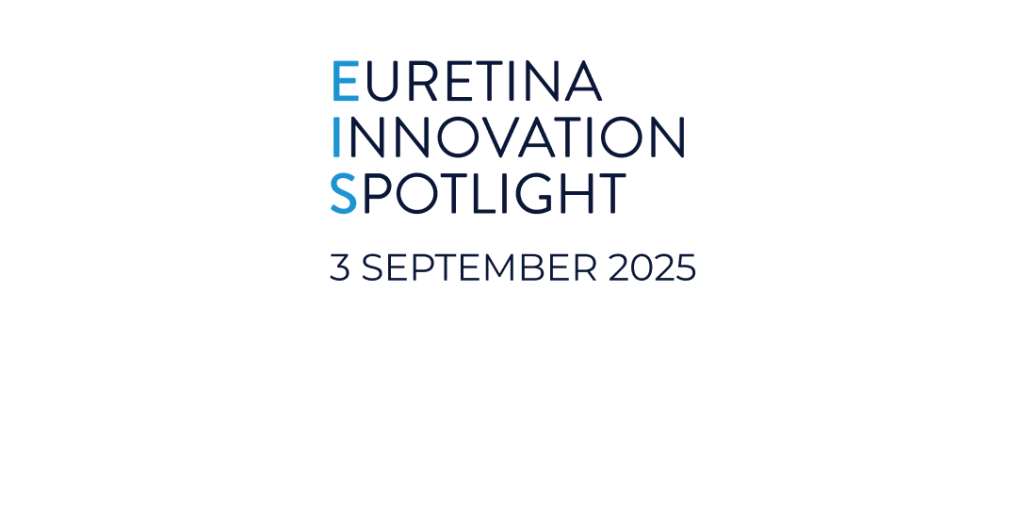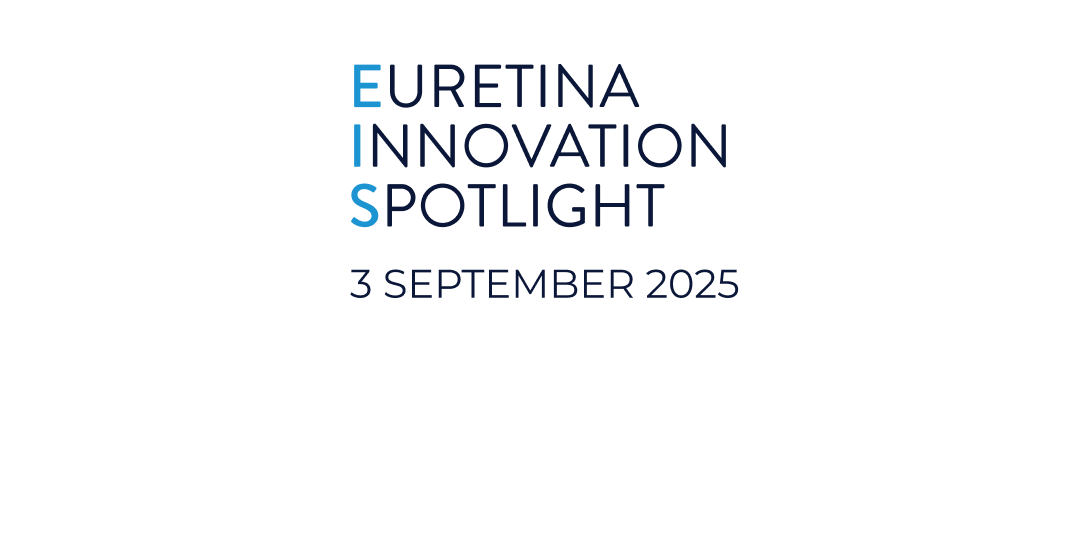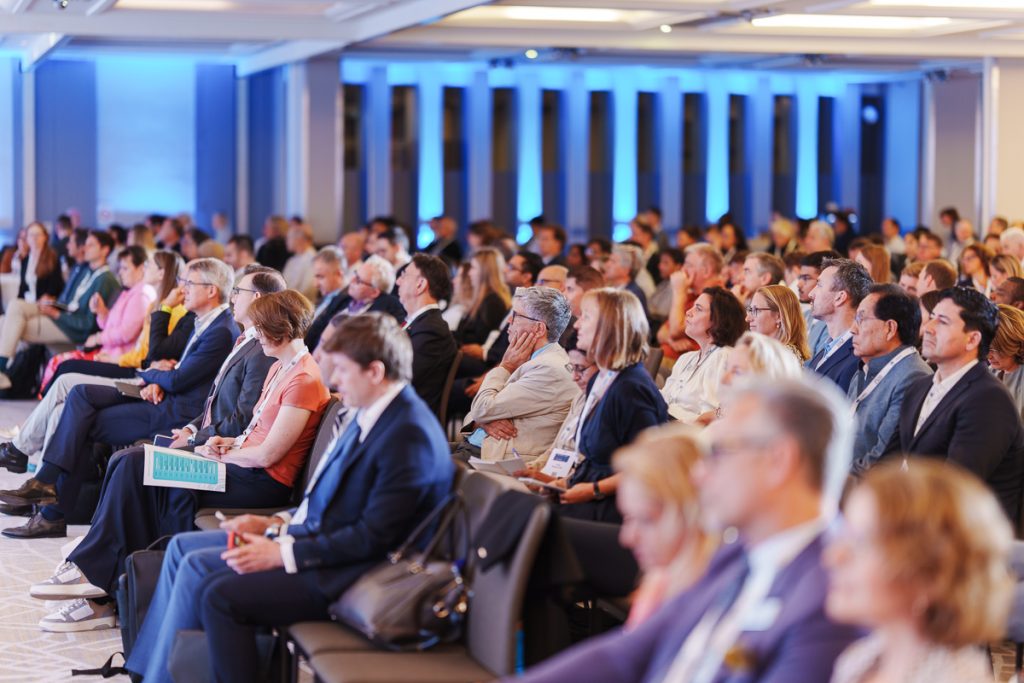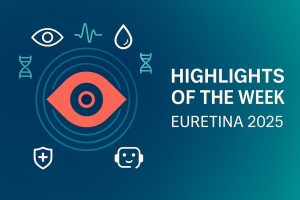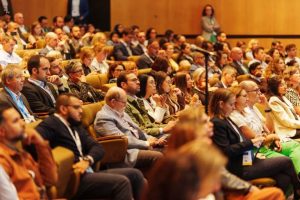Artificial intelligence (AI) applications in retinal surgery have been discussed in various contexts by numerous speakers throughout EURETINA 2025. Attendees at the last Euretina Session on Friday afternoon, however, heard a series of talks dedicated entirely to AI.
Leading off the session, Dr. Ariel Ong (UK) provided an update on the role of large language models (LLMs) in medical research. She spoke about some key applications for LLMs at different stages of the research lifecycle, giving some examples of each. Dr. Ong also reviewed ethical quandaries and strategic considerations and looked ahead to see what the future might hold.
Dr. Fares Antaki (UK) addressed the question of whether retina specialists will soon be replaced in their clinics by chatbots. His presentation explored how LLMs, such as ChatGPT, are opening new possibilities in retina care.
Dr. Antaki showed how these models can enable retina specialists to build their own clinical tools through natural language, and he introduced vibe coding, a paradigm where clinicians can use natural‑language prompts to build prototype tools conversationally guiding, iterating, and refining software with a chatbot, rather than manually coding. Dr. Antaki said that with vibe coding, retina specialists can generate software or applications on the fly, and he stated that this approach democratises tool‑building, allowing clinicians to build AI solutions that fit their personal needs.
AI in VR surgery was discussed by Dr. Daniel Ting (Singapore). His talk reviewed various applications of generative AI, including for organising and summarising notes from doctor-patient conversations, in clinical trials, and for patient education. As an important issue when using or developing generative AI solutions, Dr. Ting also highlighted the need to take data privacy into consideration.
The session also included a talk given by Dr. Marta Colmenar (Switzerland) about AI in visual function testing with a focus on macular diseases. In the last talk of the session, Dr. Catherine Egan spoke about using machine learning-derived Retinal Pigment Score (RPS) to quantify the diversity of datasets used in the development of AI algorithms. RPS is a validated continuous, measured metric that quantifies the degree of pigmentation from a colour fundus photograph.
This session will be available for all registered attendees on demand.

